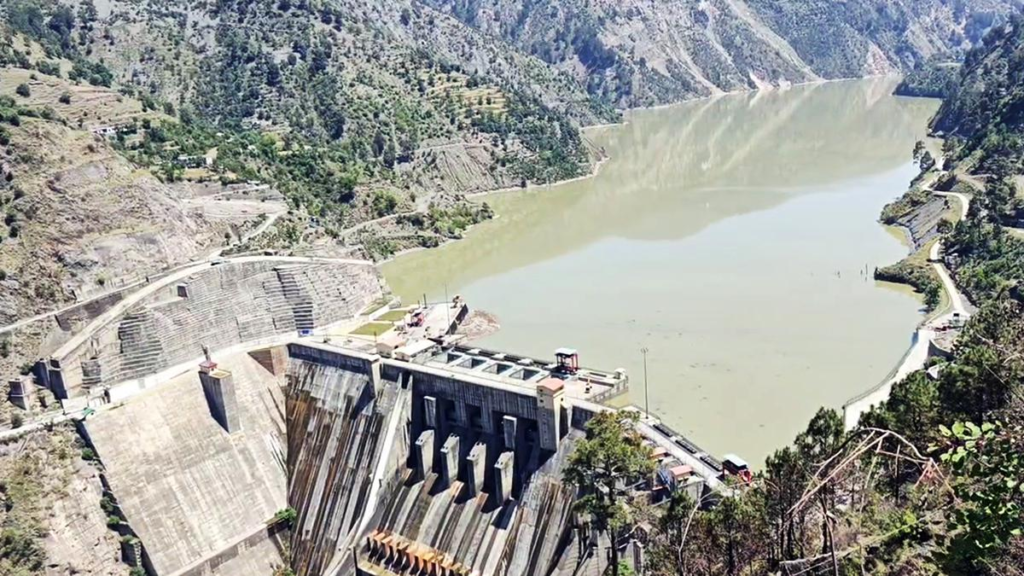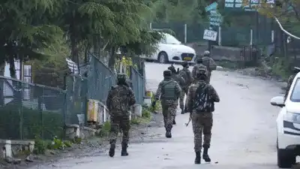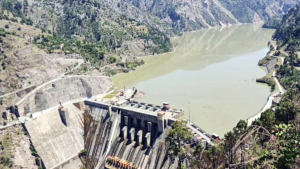The Frozen Flow: India’s Strategic Response to the Pahalgam Attack and the Indus Waters Treaty
A Legacy of Cooperation: The Indus Waters Treaty
The serene flow of the Indus River and its tributaries, lifelines for both India and Pakistan, has historically been governed by the Indus Waters Treaty – a testament to cooperative water management amidst political complexities. This treaty, brokered by the World Bank in 1960, meticulously outlines the rights and obligations of both nations concerning the six rivers of the Indus system and establishes mechanisms for dispute resolution and information sharing. For decades, it has largely held, ensuring a degree of predictability in water resource management.

The Pahalgam Attack: A Catalyst for Retaliation
However, the recent devastating terrorist attack in Pahalgam, Jammu and Kashmir, claimed by a Pakistan-based organization, has triggered a strong reaction in India. The loss of innocent lives has fueled public anger and placed immense pressure on the Indian government to take decisive action against perceived Pakistani complicity in cross-border terrorism.
Freezing the Flow: India’s Strategic Tool
Reportedly, freezing aspects of the Indus Waters Treaty is being considered as a key measure – a strategic tool to signal India’s condemnation and to exert pressure on Pakistan to act against terrorist groups. The specific aspects under consideration remain speculative, potentially involving a temporary halt to data sharing, delays in project discussions, or a re-evaluation of India’s commitments.
India’s Multifaceted Rationale
India’s motivation behind such a move is likely multifaceted. Firstly, it serves as a direct punitive measure, demonstrating consequences for terrorism originating from Pakistani soil. Secondly, it aims to pressure Pakistan to dismantle terrorist infrastructure. Thirdly, it could be intended for a domestic audience, reassuring the public of a firm stance against terrorism.
The Risks of Unilateral Action
However, the long-term implications of freezing aspects of the treaty are complex and potentially detrimental. It could undermine a cornerstone of regional stability, and Pakistan, heavily reliant on the Indus waters, might view any disruption as an existential threat, potentially escalating tensions and resorting to international forums or retaliatory measures.
Broader Challenges to Water Management
Furthermore, the Indus basin already faces challenges from climate change, increasing water demands, and infrastructure development. Disrupting cooperative mechanisms could hinder efforts to address these shared issues, potentially leading to water scarcity and heightened competition in the long run.
A Precarious Balance: Security vs. Cooperation
In conclusion, India’s reported decision is a significant development. While understandable as a response to terrorism, it risks destabilizing a vital agreement. The need is to balance India’s security concerns with preserving water cooperation. The path forward requires de-escalation and a commitment to sustainable solutions that address the root causes of conflict while safeguarding the Indus basin’s water resources. The frozen flow could have profound and lasting impacts on India-Pakistan relations.











